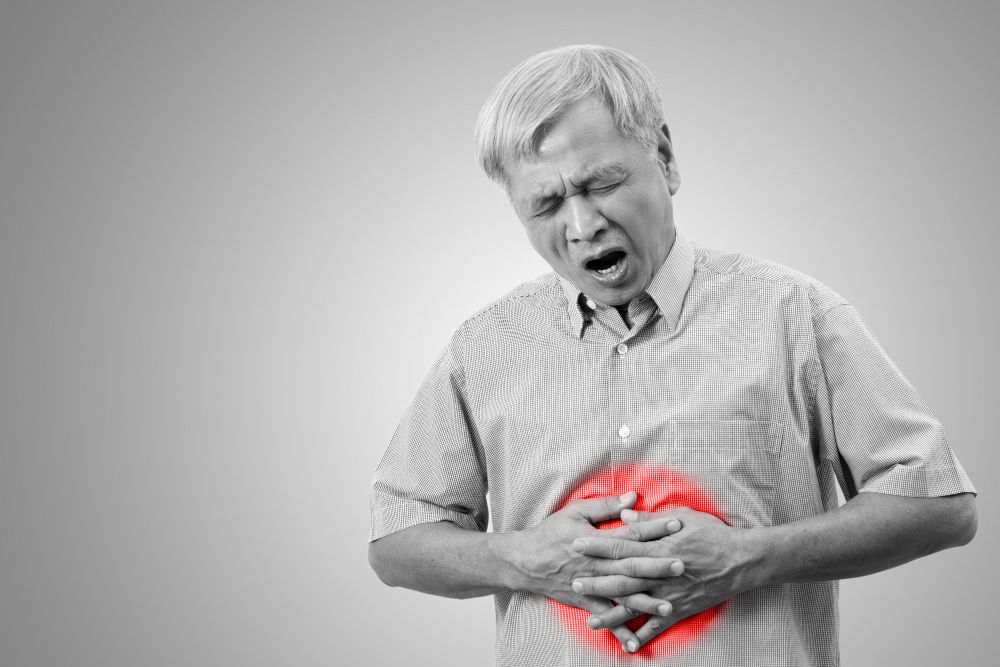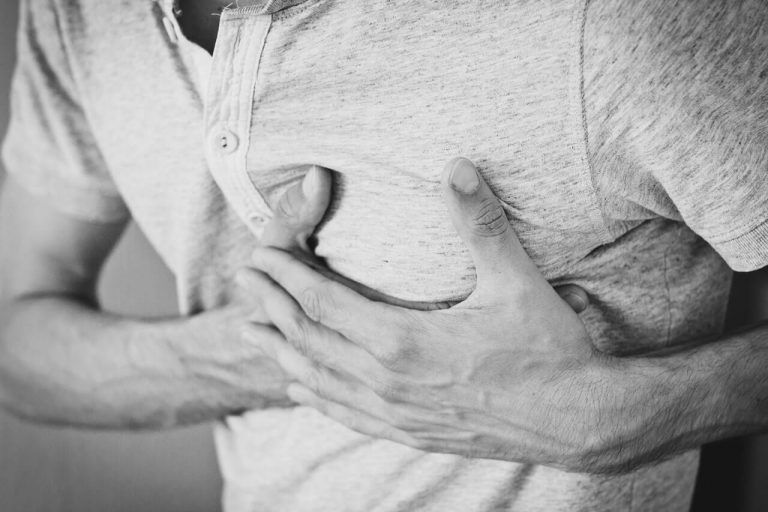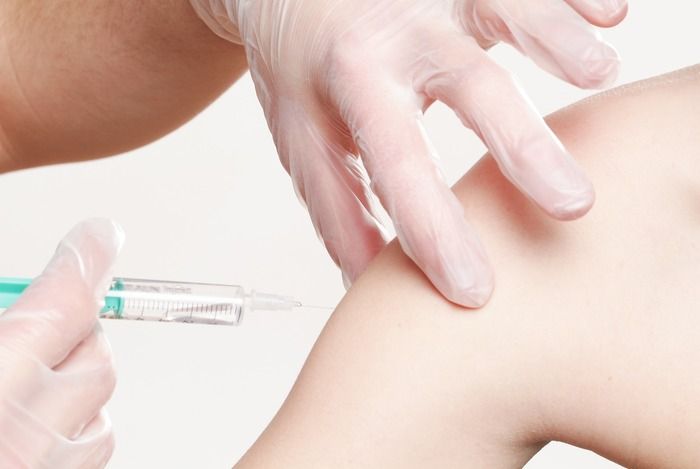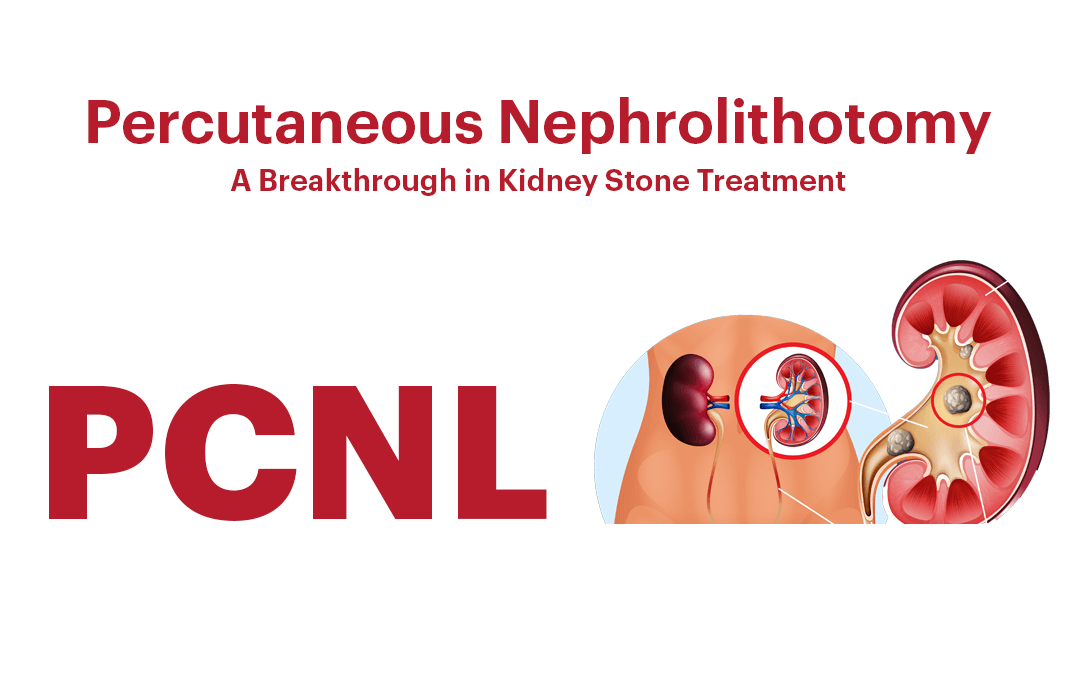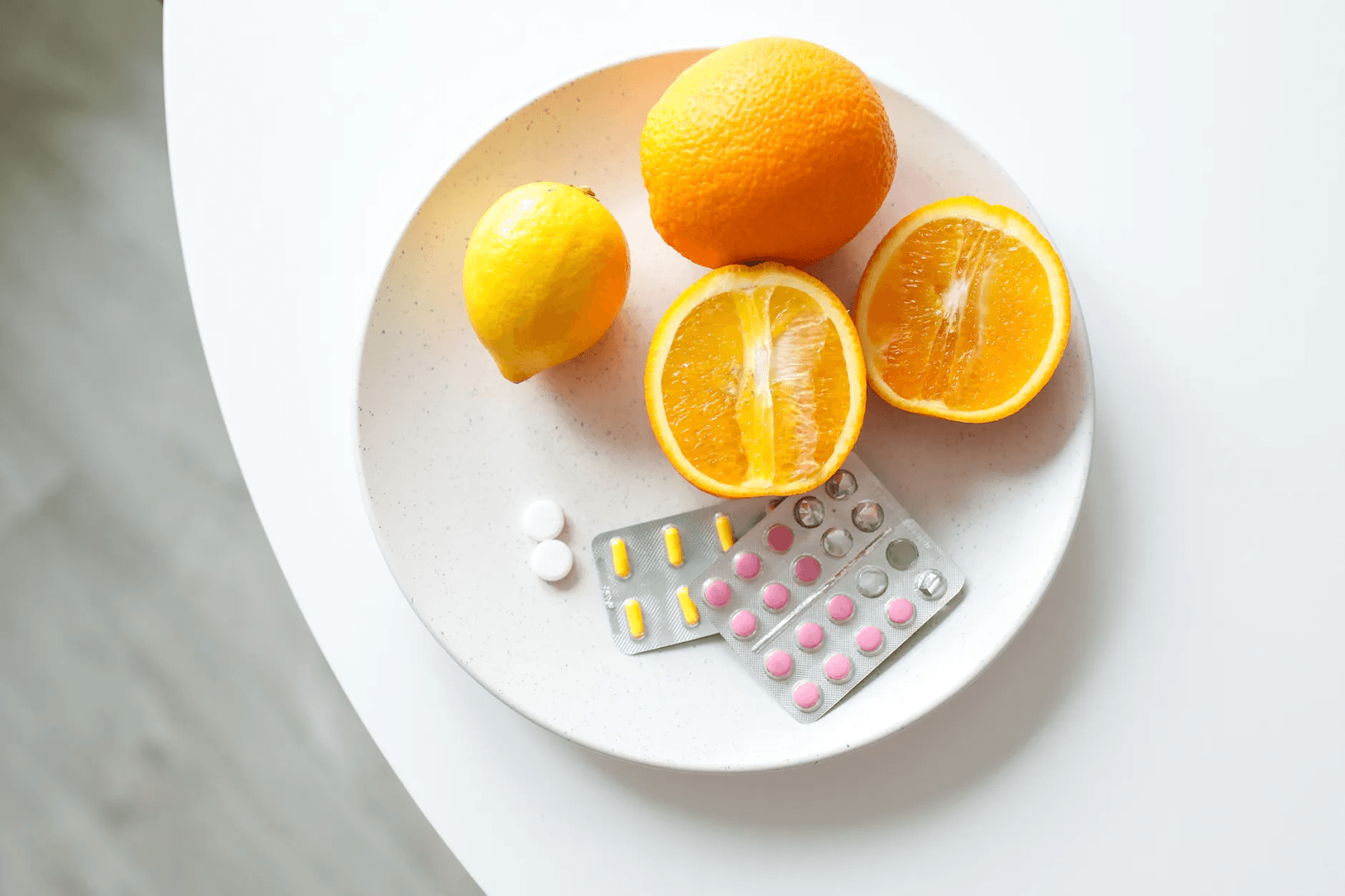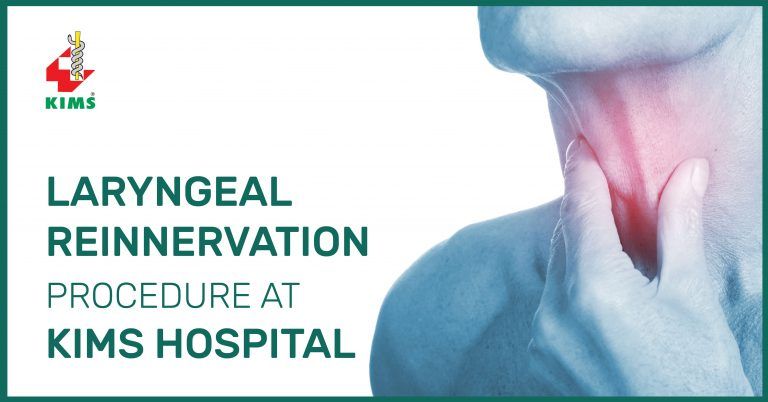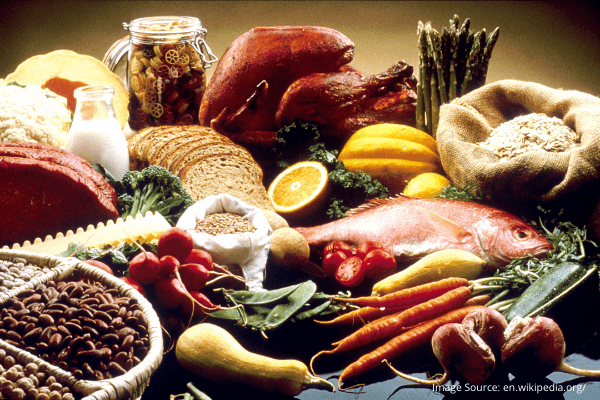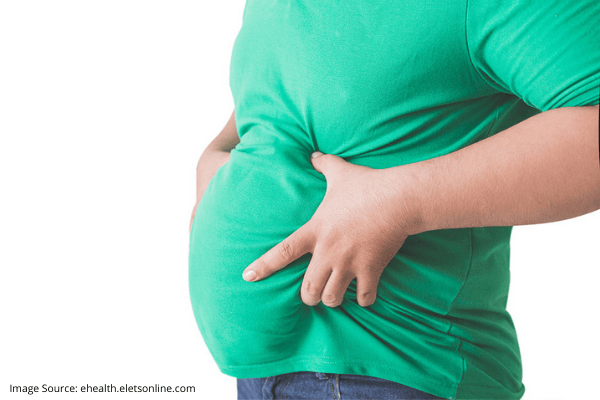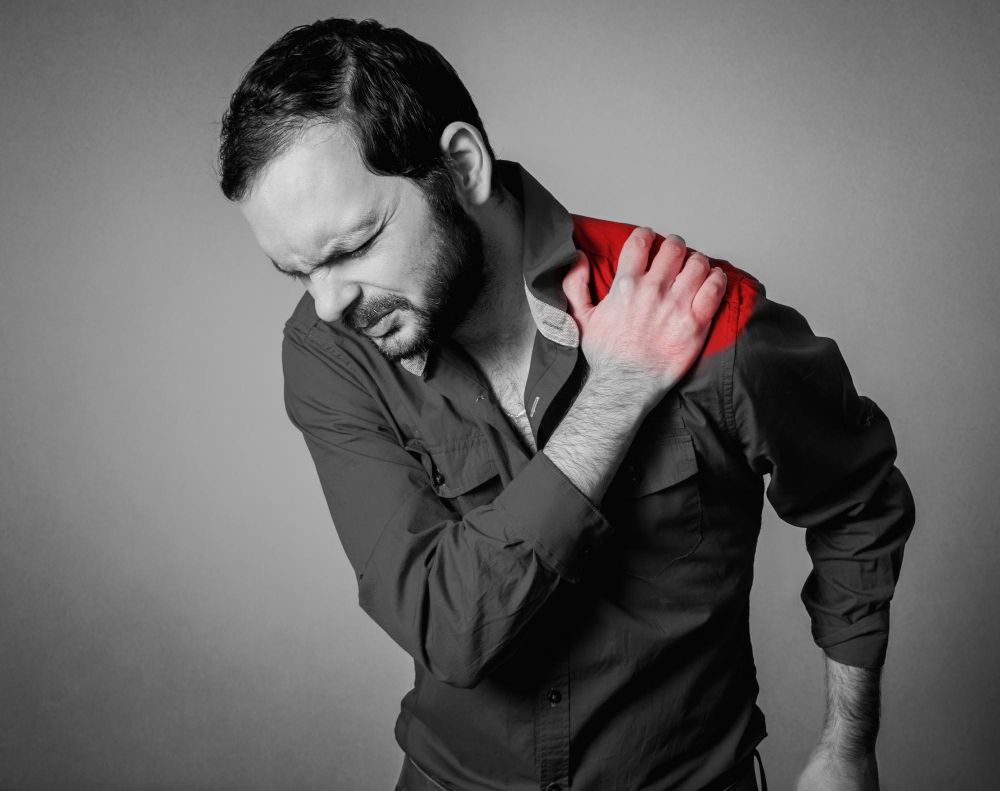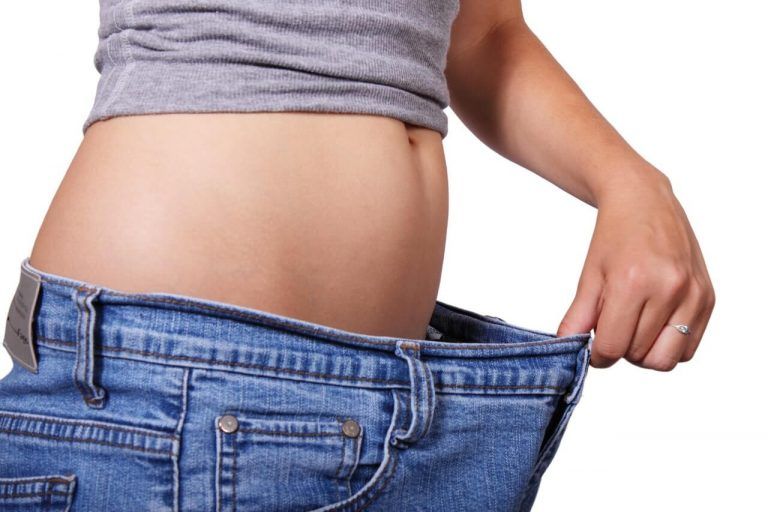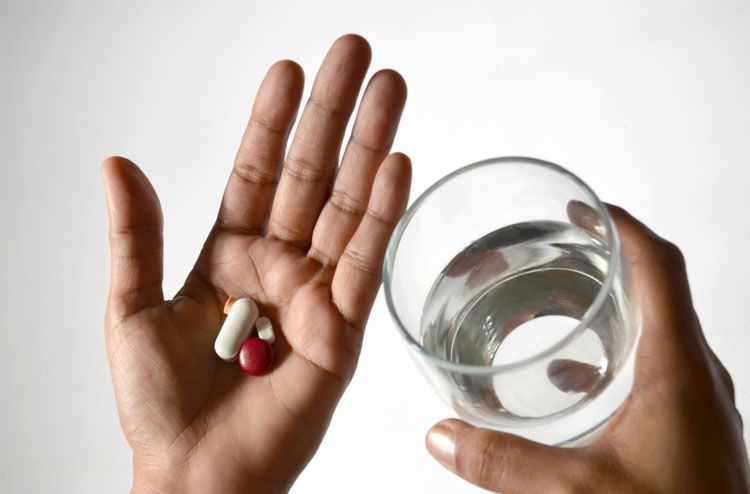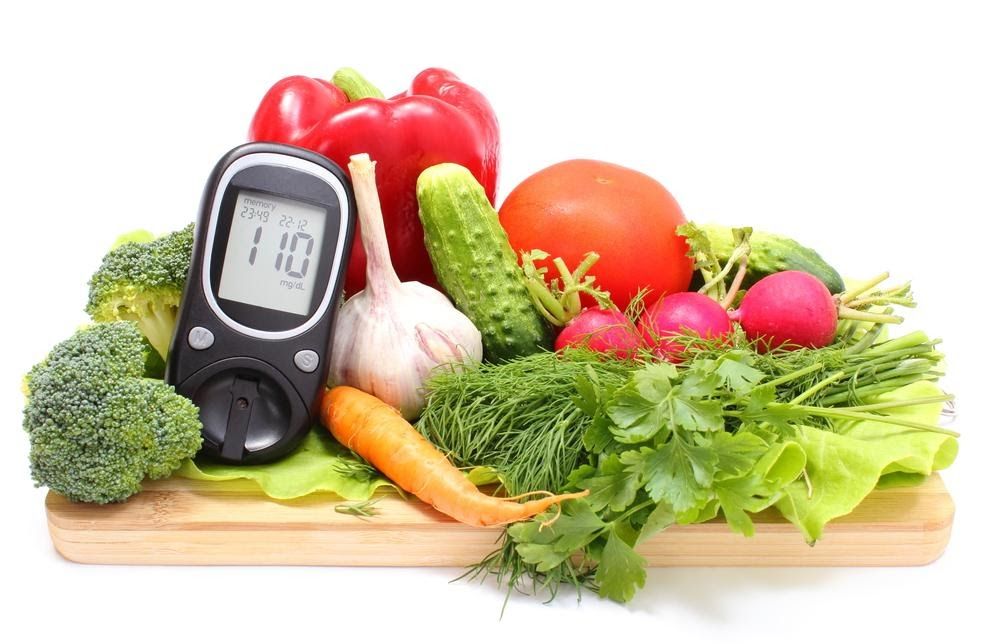High Cholesterol
Cholesterol is a liquid molecule found in the bloodstream. Your body requires cholesterol to form healthy cells, but high cholesterol levels can raise your risk of heart disease. High cholesterol might cause fatty deposits in your blood vessels. These deposits eventually accumulate, obstructing the flow of blood through your arteries. Sometimes, such deposits break unexpectedly and form a clot, resulting in a heart attack or stroke. High cholesterol can be inherited, but it is frequently the result of poor lifestyle choices, making it both avoidable and treatable. High cholesterol can be reduced with a good diet, frequent exercise, and, in some cases, medication.
Symptoms
High cholesterol usually does not cause apparent symptoms. However, if not treated, it might cause major health problems. Here are the main points about its effects:
No Direct Symptoms: Most persons with high cholesterol do not have any immediate symptoms.
Fatty Deposits: High cholesterol levels can develop fatty deposits (plaque) in the arteries, resulting in chest pain or angina.
Heart Disease: Plaque buildup can lead to coronary artery disease, which can produce symptoms such as shortness of breath, exhaustion, and irregular heartbeats.
Stroke Risk: A blockage in the arteries leading to the brain can result in stroke symptoms such as sudden numbness or weakness in the face, arms, or legs.
Peripheral Artery Disease: High cholesterol can cause impaired circulation in the legs, resulting in soreness or cramps when walking.
Xanthomas: Xanthomas are yellowish fatty deposits that grow under the skin, notably around the eyes, and indicate elevated cholesterol levels.
Causes
Cholesterol is transported through the bloodstream and bound to proteins. This mixture of proteins and cholesterol is known as lipoprotein. There are several forms of cholesterol, depending on what the lipoprotein contains. They are:
Low-density lipoproteins (LDL). LDL, or "bad" cholesterol, carries cholesterol particles throughout the body. LDL cholesterol accumulates in your arteries, hardening and narrowing them.
High-density lipoproteins (HDL). HDL, or "good" cholesterol, picks up excess cholesterol and transports it back to the liver.
Diagnosis
A lipid panel or lipid profile is a blood test that checks cholesterol levels and typically reports total cholesterol, LDL cholesterol, HDL cholesterol, and triglycerides. In general, you must fast for nine to twelve hours before the test, ingesting no food or liquids other than water. Some cholesterol tests do not require fasting, so follow your doctor's directions.
Treatment
The first line of defence against high cholesterol is to improve your lifestyle by exercising and eating a healthier diet. However, if you've made these significant lifestyle changes and your cholesterol readings remain high, your doctor may recommend medication. Your age, health, potential drug side effects, and personal risk factors are all factors that influence the medication combination you choose. Medications include statins, PCSK9 inhibitors, bempedoic acid, bile acid-binding resins, and cholesterol absorption inhibitors.
Prevention
The same heart-healthy lifestyle choices can lower cholesterol and help you avoid getting high cholesterol in the first place. To help avoid high cholesterol, you can:
- Eat a low-salt diet that focuses on fruits, vegetables, and whole grains.
- Limit your intake of animal fats and use good fats in moderation.
- Lose excess weight and maintain a healthy weight
- Quit smoking
- Exercise at least 30 minutes every day of the week.
- Manage your stress.
Conclusion
Although high cholesterol is a major risk factor for cardiovascular disease, it can be effectively treated with a combination of medication and lifestyle changes. LDL (bad cholesterol) levels can be significantly reduced. In contrast, HDL levels can be increased by eating a heart-healthy diet, exercising regularly, maintaining a healthy weight, and avoiding tobacco and excessive alcohol. Statins and other cholesterol-lowering medications can help reduce cardiovascular risk for people who cannot achieve optimal control with lifestyle changes alone. Regular monitoring and consultation with doctors are essential for keeping cholesterol levels within normal ranges and improving cardiovascular health. People who take preventative measures can significantly lower their risk of developing heart disease and improve their overall health.
Ten Effective Remedies That You Can Refer to When You Are Suffering from Muscle Cramps
Finally starting off with the gym life can get too overwhelming until you hit those muscle cramps along with the weights.
ICSI(Intra Cytoplasmic Sperm Injection)
Normally during every mid-menstrual period, one of the 2 ovaries releases an ovum. Each ovum is covered by a membrane called follicle,
Pregnancy and Delivery Care
Nothing could possibly compare to the joy of becoming a parent. After nine long months of waiting, the moment you have been waiting for is almost there:
Some Common Causes of Chest Pain
The first thing that jumps into the mind whenever you have some sort of chest pain is heart attack! It’s only human to feel that way
Organic Food Vs GMO Food: What Should You Pick?
There is no doubt that the quality of food we consume is crucial for our good health. And with more people becoming health conscious the d
Importance of Breastfeeding and Vaccinations for Newborns
Going nature’s way is best when it comes to providing nourishment for the apple of your eye – your baby. Breast milk is best for your baby as it
Percutaneous Nephrolithotomy (PCNL): A Breakthrough in Kidney Stone Treatment
Kidney stones, those small, hard mineral deposits that form in the kidneys, can cause excruciating pain and discomfort.
Skin Tags - Benign Tumor or Cancerous Tumor?
Skin tag if observed is a narrow stalk that hangs about your skin, bulging at the end. They are usually freshly colored and can grow anywhere on your body.
3 Ways Vitamin C is Helpful for the Immune System
The water-soluble vitamin, Vitamin C is also known as ascorbic acid. It is helpful in building up the blood vessels, skins, and making bones stronger
4 Signs of Mental Illness
As life has gotten fast and hectic, different health issues have got introduced lately. Not just physical issues,
4 Ways Night-Shifts Can Be Dangerous For Your Menstruation And Ovulation
A good night's sleep is of value for pregnant women. But with strenuous work-hours and shift work, sleep can quite a luxury for all.
Causes Of Infertility in Women
More and more women are putting off pregnancy till well into their 30’s or early 40’s for career reasons; infertility is fast becoming a major heartbreaking issue for such couples.
Do Not Indulge in These 9 Common Dieting Mistakes
Dieting is not just about eating less or starving yourself to meet unrealistic goals. Healthy dieting involves making informed food choices.
Laryngeal Reiinervation Procedure at KIMS Hospital
Mr. K.P 56-year-old business executive from Bangalore underwent a thyroid surgery two years back.
Learn How Stress Affects Your Heart Health
Stress is a frequent side effect of the modern 21st Century lifestyle. We’re always running around to meet deadlines, pay bills we tend to
Lose Weight: The Healthy Way
Almost everyone we know is worried about the way they look. There are several concerns people have, like their complexion
Myths About Bariatric Surgery
Bariatric surgery – be it the gastric bypass and other weight-loss surgeries – involve making changes to your digestive system to help you lose weight.
Non-alcoholic Fatty Liver Disease: Should You be Worried?
A recent study has found that 1 in 5 people in India suffers from liver disorders. Before you blame it on the increased alcohol consumption
Obesity and its Relation to Type 2 Diabetes
Diabetes is a condition that arises when the body doesn’t produce enough insulin,, hence there is excess glucose in the blood
Rotator Cuff Tear
A rotator cuff tear is a rotator cuff injury that can cause shoulder pain and loss of arm function. The rotator cuff is a set of muscles and tendons in your shoulder.
What Happens to Your Body When You Fast?
Fasting has been practised by humans for thousands of years as a way of rejuvenating the mind, body and soul and as a common ritual of many religions from all over the world
Why You Shouldn’t Consume Medicines with Cold Water
There has been a long-raging debate on the temperature of water needed for consuming medications. You won’t find much as in research papers
10 Tasty Delicious Diabetic-Friendly Recipes
Worry about it no more, as a healthy diabetic diet does not have to be bland. Instead, you can enjoy a myriad of flavorful, low-calorie
4 Not So Common Health Problems in Teenagers
The current generation of teenagers have far more access to technology and gadgets than their parents did.
4 Secrets to Adjusting Your Toddler's Sleep Cycle
Most of the parents, some time or the other, may have faced the trouble of making their toddlers sleep at night.
Related Blogs
Ten Effective Remedies That You Can Refer to When You Are Suffering from Muscle Cramps
Finally starting off with the gym life can get too overwhelming until you hit those muscle cramps along with the weights.
ICSI(Intra Cytoplasmic Sperm Injection)
Normally during every mid-menstrual period, one of the 2 ovaries releases an ovum. Each ovum is covered by a membrane called follicle,


